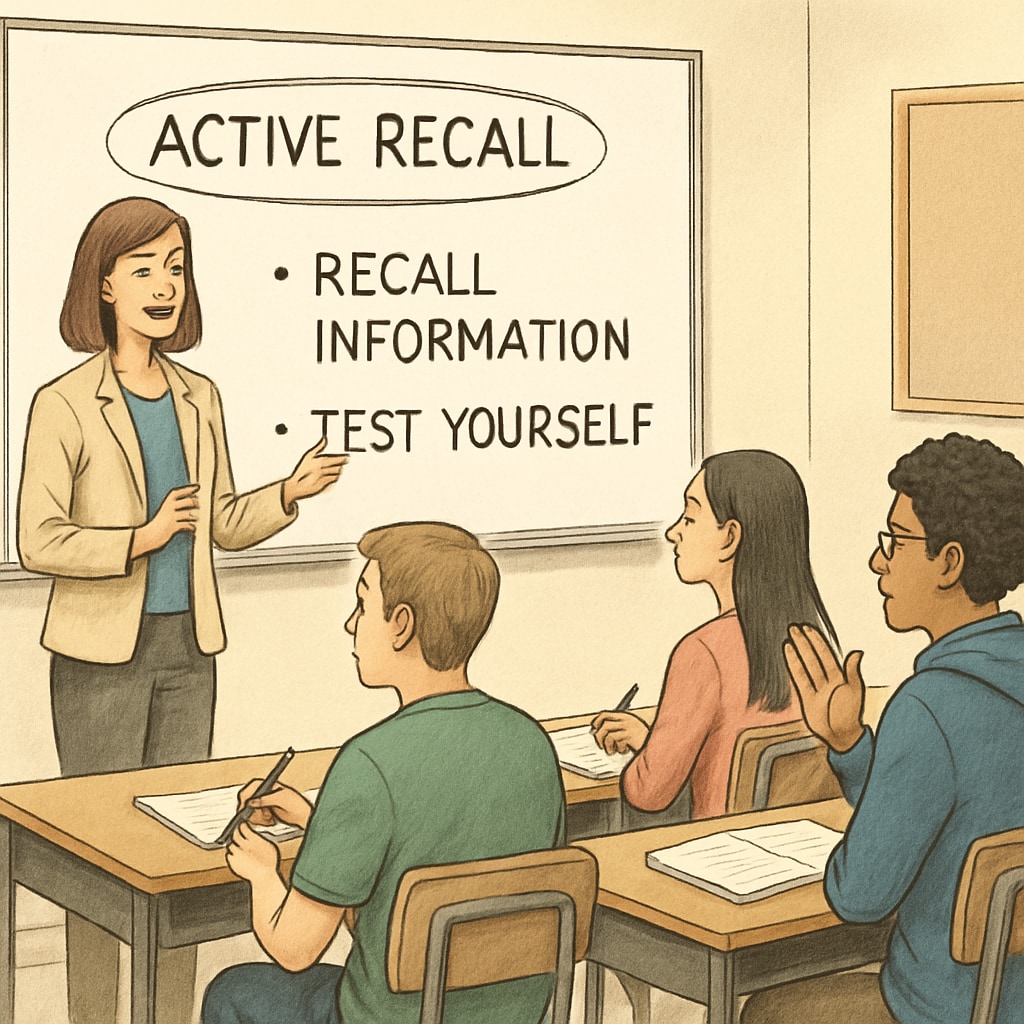In the era of constant information flow, mastering study methods, knowledge retention, and book recommendations is more critical than ever for young learners. For K-12 students, developing effective study strategies can make the difference between struggling with information overload and thriving as a proactive learner. This article highlights some of the best books on study techniques and memory retention, equipping students with skills that will serve them for life.
Top Books to Enhance Knowledge Retention and Study Skills
Understanding how to retain information is a cornerstone of efficient learning. The following books focus on actionable strategies that help students remember what they learn:
- “Make It Stick: The Science of Successful Learning” by Peter C. Brown – This book demystifies how learning works and provides research-backed methods to make knowledge “stick.”
- “How to Become a Straight-A Student” by Cal Newport – A practical guide for students looking to optimize their study habits while maintaining work-life balance.
- “The Art of Learning” by Josh Waitzkin – Written by a chess prodigy, this book explores deep insights into mastering any subject or skill.

Each of these books offers unique perspectives on learning, from psychological insights to actionable tips. By integrating their principles, students can transition from passive information consumers to active knowledge seekers.
Why Study Methods and Knowledge Retention Matter
Effective learning is not just about memorizing facts but also about understanding and applying information. According to research, spaced repetition, active recall, and the Feynman Technique are some of the most effective ways to retain knowledge. Books like “Make It Stick” delve deeper into these concepts, helping students move from rote learning to meaningful comprehension.
For example:
- Spaced Repetition: Reinforcing information at intervals to improve long-term memory.
- Active Recall: Actively testing oneself to strengthen understanding.
- Feynman Technique: Explaining concepts in simple terms to identify gaps in knowledge.
These strategies empower learners to master new skills more efficiently and retain them longer. As a result, students are better equipped to handle academic challenges and excel in their studies.

How to Choose the Right Book for Your Needs
With so many options available, it’s essential to select a book that aligns with your goals. Consider the following questions:
- Are you focusing on improving memory, time management, or overall study efficiency?
- Do you prefer books with practical exercises or theoretical insights?
- What age group or grade level is the book targeted toward?
For younger students, books that incorporate visuals and interactive exercises may be more engaging. For older students, in-depth analyses and advanced techniques can provide greater value. Regardless of age, the key is to find a resource that resonates with your learning style.
Additionally, pairing books with online resources like spaced repetition on Wikipedia or memory strategies on Britannica can further enhance learning outcomes.
Ultimately, the right book can inspire students to take control of their education, fostering a growth mindset and a passion for lifelong learning.
Readability guidance: Break up text into manageable sections, use bullet points and lists to summarize ideas, and maintain a conversational tone. Incorporate real-world examples and external links for additional context.


